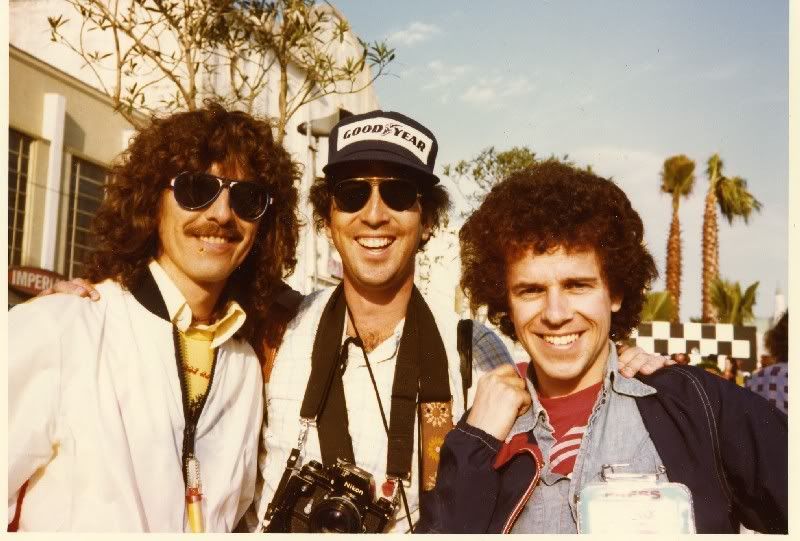If you think this piece is out to bash Kyle Busch then click somewhere else.
I’m not a big basketball fan, but, when I read that LeBron James, who had been voted the NBA’s Most Valuable Player of the year, refused to shake hands with the victorious Orlando Magic or handle interviews with the media, it rang a bell.
Many top sports celebrities are available to promote commercial or their own charitable ventures. On the other hand, when they have a bad day -- or worse -- a loss then, it’s hands off.
That’s quite the double standard.
After Kyle Busch’s car was shoved into the wall by Joey Logano’s at the end of the Nationwide race in Dover, two images lingered. Busch hurrying away from the camera; yes to go to his next race. And, there was the young Logano, almost in tears, apologizing for something that turned out wasn’t his fault. Busch’s car had a tire going down which slowed him down right into the path of his teammate’s front bumper.
Dover can be viewed as a bad example because Busch did have another, immediate, commitment. It’s just the most recent occurrence of that sort in my mind.
There have been other races where Busch, and others, lose a sure victory at the end and refuse to face the media. That’s when some apologists state “(insert your favorite driver’s name) hates to lose.” Give me a break, who likes to lose?
Athletes are paid sums of money unrealizable to common folk in everyday life. They are paid not only for their performance but also to communicate with the ultimate employers - the ticket buyers, the merchandise buyers and their companies. Part of that includes, yes, talking to the media.
Over the years NASCAR, and other professional sports organizations, have adopted a set of rules on who is required to conduct interviews after a game or a race. And, most of the time the second or third place race finisher is just fine to give some perspective on the day’s event.
When you have a dominating driver eliminated at the end or near the end, that person could be the “big” story of the day. Unless there is some rule (with a hefty punishment for non-compliance) the paying public will not know the rest of the story.
Let’s give athletes a partial break. In the heat of the battle they’re likely be very emotional. I’d say give them two or three minutes, and a cool towel, to collect their thoughts. Even if the responses come out robotic, at least, we’d hear the other side of the story.
On the other hand, let’s stop treating athletes like princes or princesses and just be called up to give an account of the day’s action.
Any other treatment is unfair to those who actually pay the bills, you.
Wednesday, June 3, 2009
Subscribe to:
Comments (Atom)



